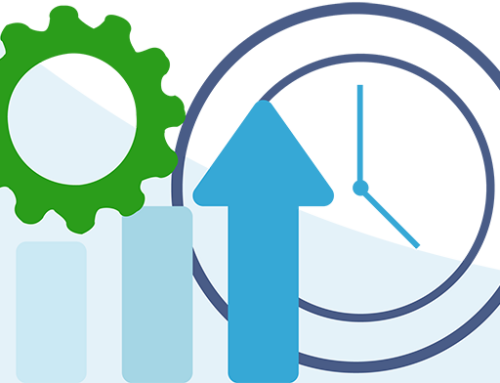Once the busy season is out of the way, accounting professionals finally have time to do some necessary tasks around the office… including staff evaluations. Now is a fantastic time to talk through tax season with your staff, figure out what went wrong, and congratulate them for what went right.
Using checklists is a great way to get organized and figure out your company’s priorities. Checklists are great for staff evaluations, and they can be used in three ways: to prepare for evaluations, to conduct the review itself, AND to document the evaluation after it has happened.
Leading up to the review…
You might not think a lot of preparation needs to go into preparing for an evaluation, but there are actually quite a few steps. If you have multiple people conducting evaluations, the process should be standardized. All employees should get the same treatment. Taking time to train your evaluators might be an item that finds its way to your checklist.
Next, figure out your categories! Each business is going to have different areas they prioritize when it comes to staff performance. While a remote accounting firm might require employees to be self-starters, another, in-person firm might prioritize a team member’s ability to collaborate. Now is the time to figure out what you want to include on your evaluation form. In order to evaluate your team members fairly, you should also look at ALL your examples and documentation surrounding staff performance during the last period. You’ll want to ensure that all of your documents are ready for the evaluations, including the form you are going to use for the review and the formal job descriptions of your staff members.
Lastly, don’t forget to notify your staff of the upcoming review!
Conducting staff evaluations
When it comes to creating a checklist for the evaluation itself, the environment is everything. Make sure that the area you are conducting employee reviews is free of distractions and feels relaxing. It is important that your staff members don’t feel like they’re entering a gladiator arena. You want them to feel open to discuss things with you, not defensive and ready to be bombarded with criticism. For your own checklist, you might write down the different areas and examples you want to discuss. You can also use jot down notes for yourself about the tone you want to set for the interview.
What happens afterward?
Documentation is key. Gather up all documents and ensure that it is stored somewhere safe for future reference. You might want to send out feedback about the evaluation process to your staff. You can also ask for their feedback in order to improve the process.
Staff evaluations are a great opportunity to check in with your staff after tax season and promote constant growth. It’s also a great opportunity to celebrate successes! Our last tip is this: keep your eye fixed on the future.



